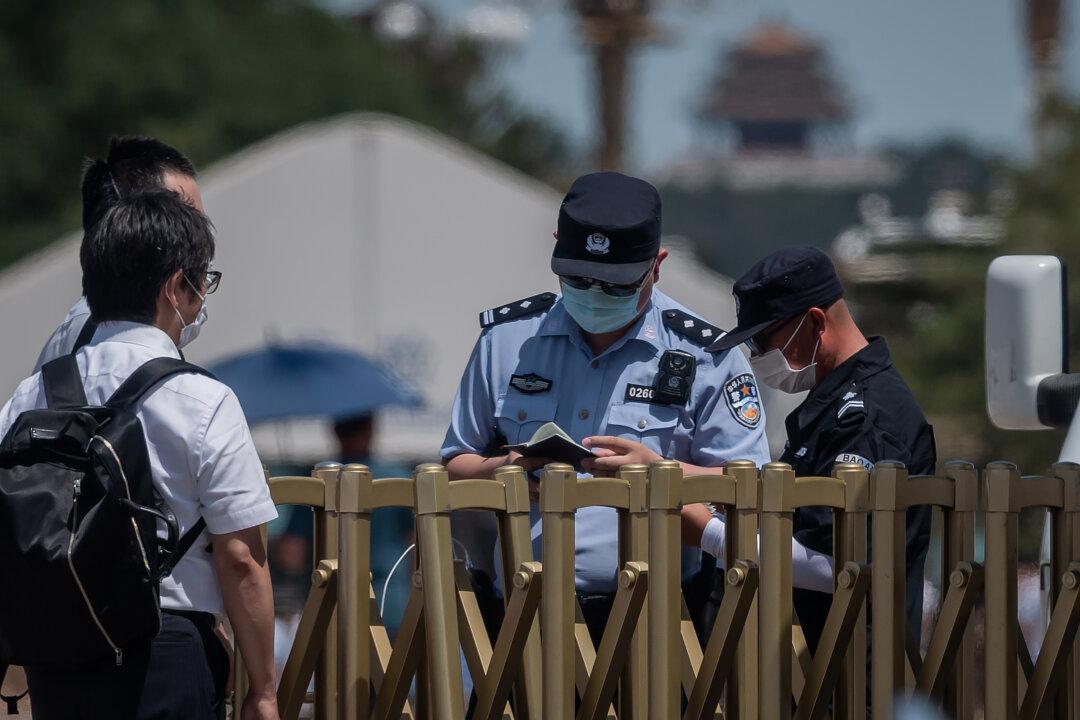China has announced new regulations set to take effect in July, significantly expanding the powers of law enforcement personnel to gather evidence. These changes will impact both Chinese nationals returning home and tourists visiting China. Critics see this move as a response to the unprecedented crisis facing the regime, prompting advisories for people to avoid traveling to China.
As outlined in the Legal Daily, the new regulations grant law enforcement the authority to inspect electronic devices directly in emergency situations, with the presentation of police or reconnaissance credentials. However, the rules lack clear definitions of what constitutes an emergency or its parameters.




